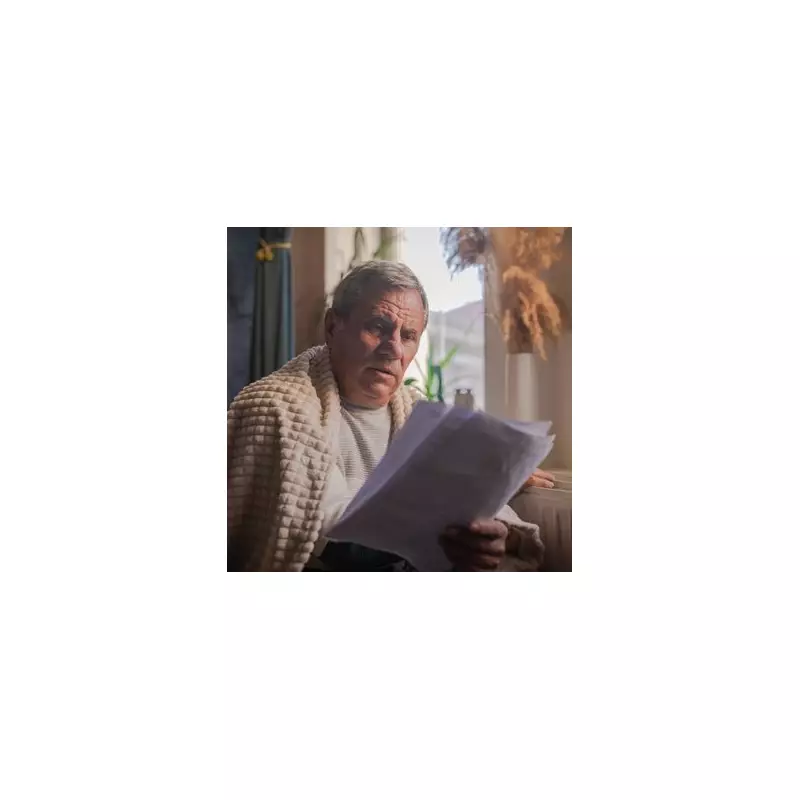
Millions of UK households are facing higher energy costs from January 2026, after the industry regulator Ofgem announced an increase to the price cap. However, significant financial support is available for those who know where to look.
Understanding the Price Cap Change
Ofgem has confirmed that the energy price cap will rise by 0.2% for the period covering January to March 2026. This adjustment means the typical annual bill for a dual-fuel household will increase to £1,758.
It is crucial to understand that this is an average figure. Your actual costs may be higher or lower, depending on your specific energy consumption. Tim Jarvis, Ofgem's Director General for Markets, noted that while energy prices have fallen in real terms recently, many people may not feel the benefit. He emphasised that the price cap acts as a safety net, but encouraged customers to explore different tariffs and payment methods, such as Direct Debit or smart pay-as-you-go, to reduce their bills.
He also warned that wholesale energy costs remain volatile, constituting the largest part of consumer bills, which underscores the need for the UK to boost its clean energy production.
Available Financial Support Schemes
For vulnerable and low-income households, a range of payments and grants can provide a crucial financial buffer. Here is a breakdown of the key support available.
Winter Fuel Payment
This payment is designed to help older people with their heating costs. To qualify, you must have been born before 22 September 1959 and live in England or Wales. The Department for Work and Pensions (DWP) estimates that around nine million people will receive between £100 and £300. Payments are usually automatic, but if you believe you are eligible and have not received one, you must claim before the deadline of 31 March 2026.
Warm Home Discount
This scheme provides a £150 discount directly applied to your electricity bill. It is expected to help around six million households this winter. Unlike the Winter Fuel Payment, you must apply for this through your energy supplier, not the DWP directly.
Eligibility depends on receiving certain means-tested benefits on 24 August 2025, such as:
- Income-based Jobseeker’s Allowance (JSA)
- Income-related Employment and Support Allowance (ESA)
- Universal Credit
- Pension Credit
- Income Support
- Housing Benefit
Over 20 suppliers, including British Gas, Octopus Energy, and Ovo Energy, participate in the scheme.
Cold Weather Payment
This DWP scheme provides £25 for each seven-day period when the average temperature drops below zero degrees Celsius. Eligibility is linked to receiving certain benefits, including Pension Credit, Income Support, and Universal Credit, with specific conditions related to disability or having young children.
Additional Help from Energy Suppliers
If you are struggling, your first step should be to contact your energy supplier directly. Many companies operate their own support funds and grants, which can offer discounts on bills or help with existing energy debt. Examples include:
- The British Gas Energy Support Fund
- Octo Assist from Octopus Energy
- EDF Customer Support Fund
- E.ON Energy Bills Support Scheme
Furthermore, under the government's Energy Company Obligation (ECO) scheme, you might be eligible for a free boiler replacement or insulation to improve your home's energy efficiency. This is targeted at those in fuel poverty or claiming benefits like Universal Credit, Child Tax Credits, or Pension Credit. Your local authority can also refer you to an obligated energy supplier for this support.
With the price cap set to rise, proactively checking your eligibility for these schemes could make a significant difference to your household budget this winter.





